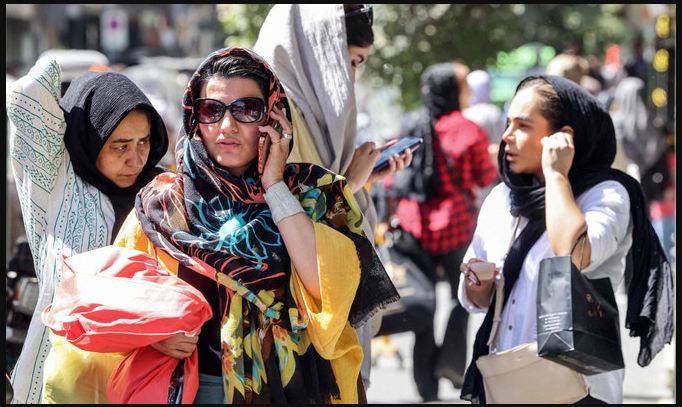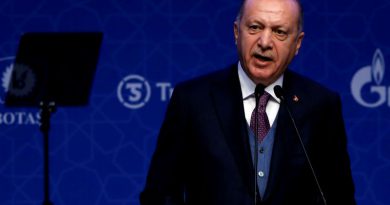Iran on high alert before the anniversary of Mahsa Amini’s passing
Tehran – Iran’s government has issued a warning ahead of the first anniversary of the death of Mahsa Amini, a 22-year-old Iranian Kurd whose arrest and subsequent death sparked widespread protests. Amini was detained in Tehran on September 16 last year for allegedly violating Iran’s strict dress code for women. Her death ignited nationwide demonstrations under the rallying cry of “Woman, Life, Freedom.” The protests lasted for months and resulted in numerous casualties, including both protesters and security personnel. Iranian authorities have labeled the protests as foreign-instigated “riots” and have taken measures to prevent any potential unrest on the anniversary of Amini’s death.
President Ebrahim Raisi, in a televised interview, warned against exploiting Amini’s name to create instability in the country, stating that those who attempt to do so will face consequences. Security services have also emphasized their vigilance and intention to identify and apprehend individuals planning to protest during the anniversary period. In anticipation of the event, Iranian authorities recently shut down several social media pages and arrested the individuals behind them, accusing them of organizing riots.
Last year’s protests posed a significant challenge to Iran’s government, which is already grappling with tensions over its nuclear program, international sanctions, and strained relations with Western powers. The death of Mahsa Amini reportedly created a divide between the Iranian government and its citizens, an issue that cannot be resolved solely through security measures, according to Fayyaz Zahed, a professor of contemporary history. The government’s heavy-handed response to the protests and subsequent crackdowns resulted in widespread arrests and public disillusionment.
Despite the cooling of last year’s protests, there remains a sense of trauma among many Iranians who participated in or witnessed the demonstrations. While the protests primarily focused on the dress code for women, they also sparked broader discussions on civil and political freedoms. Iranian women, particularly in Tehran, have been increasingly defying the strict dress code, leading to clashes with authorities. The protests have influenced societal change, with women opting for more colorful and vibrant clothing, prompting the government to install surveillance cameras to monitor dress code violations.
In addition to the dress code issue, economic hardships, including high inflation rates, have become a pressing concern for many Iranians. The public’s demand for economic improvements takes precedence over civil and political liberties, according to Mohammad Sadegh Javadi-Hessar, a reformist activist. The dismissal of numerous university professors who supported the protest movement has also drawn criticism from reformist leaders.
As the first anniversary of Mahsa Amini’s death approaches, Iran’s government is taking preemptive measures to prevent any potential protests or unrest. The situation remains tense as authorities warn against exploiting the anniversary and vow to maintain security and stability in the country.


